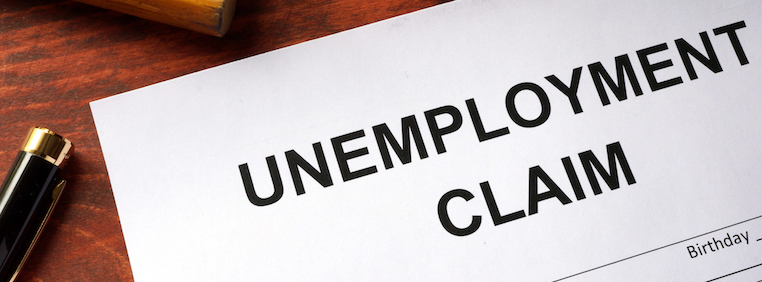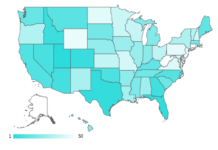
Think you or your employees don’t qualify for unemployment during the pandemic? You might want to think again. Congress has greatly expanded its eligibility requirements for such benefits under the Coronavirus Aid, Relief, and Economic Security (CARES) Act. The new pandemic unemployment benefits cover individuals who would not otherwise be eligible – the self-employed, independent contractors, gig workers, part-time employment seekers, those who lack sufficient work history, and those who have already exhausted their unemployment benefits — provided they cannot work as a result of the coronavirus pandemic. However, those who can do paid telework or have received paid sick leave or other paid leave benefits cannot collect.
Pandemic benefit amounts equal the standard unemployment benefit an individual would normally be entitled to under Federal or State law plus an additional $600 per week. Assistance can be received for a maximum of 39 weeks, including any weeks in which “regular” unemployment benefits were provided. Additionally, any waiting periods established by state unemployment laws are waived and the pandemic unemployment benefits do not count as income toward eligibility for Medicaid or the State Children’s Health Insurance Program (CHIP).
Pandemic Unemployment Assistance is effective from January 27, 2020 until the end of this year. Applicants must be able to self-certify that they are unemployed, partially unemployed, or unable or unavailable to work due to one of the reasons listed below.
- They have been diagnosed with COVID-19 or are experiencing symptoms of COVID-19 that require a medical diagnosis.
- A member of their household has been diagnosed with COVID-19.
- They are providing care for a family member or member of their household who has been diagnosed with COVID-19.
- A member of their household for which they have primary caregiving responsibility is unable to attend school or another facility that has been closed as a direct result of the COVID-19 public health emergency and because of this closure they are unable to work.
- They are unable to work because of a quarantine imposed as a result of the COVID-19 public health emergency.
- They are unable to work because they have been advised to self-quarantine by a health care provider.
- They were scheduled to start a job but are unable to do so as a result of the COVID-19 public health emergency.
- They have become a “major support for a household” because the breadwinner in the household has died as a direct result of COVID-19.
- They quit their job as a direct result of COVID-19.
Wissa is an associate who practices labor and employment law at the Chicago office of Schiff Hardin LLP. Schiff Hardin has launched a task force to address the business, legal, and economic challenges that accompany the COVID-19 pandemic. Access other articles in the Schiff Hardin Employment Law blog.
See more of Turf’s Special COVID-19 coverage on: new federal COVID-19 sick leave policies; state by state COVID-19 “essential business” designations for landscapers; and landscape worker safety during the pandemic.











![[VIDEO] Dickies®: Discover Workwear That’s Anything But Uniform](https://turfmagazine.com/wp-content/uploads/2023/06/1647663814-4b1a2a7742790a9b1e97a3b963477850192e1d6a9dfba9b07214a77bae25d6e3-d-218x150.jpg)






























![[VIDEO] Dickies®: Discover Workwear That’s Anything But Uniform](https://turfmagazine.com/wp-content/uploads/2023/06/1647663814-4b1a2a7742790a9b1e97a3b963477850192e1d6a9dfba9b07214a77bae25d6e3-d-324x160.jpg)